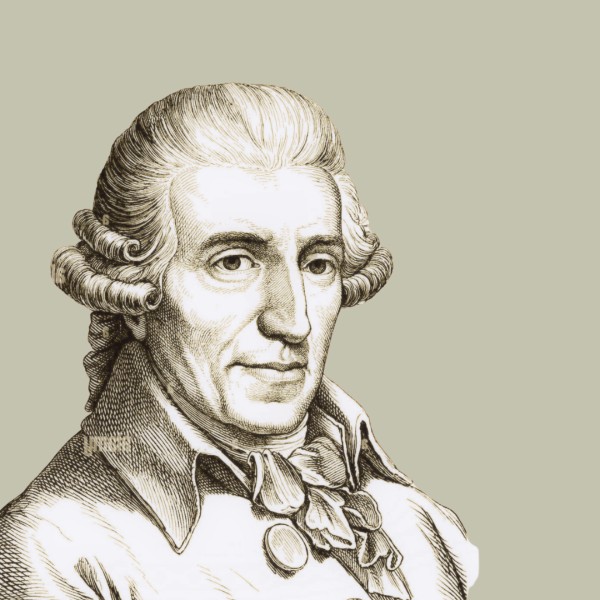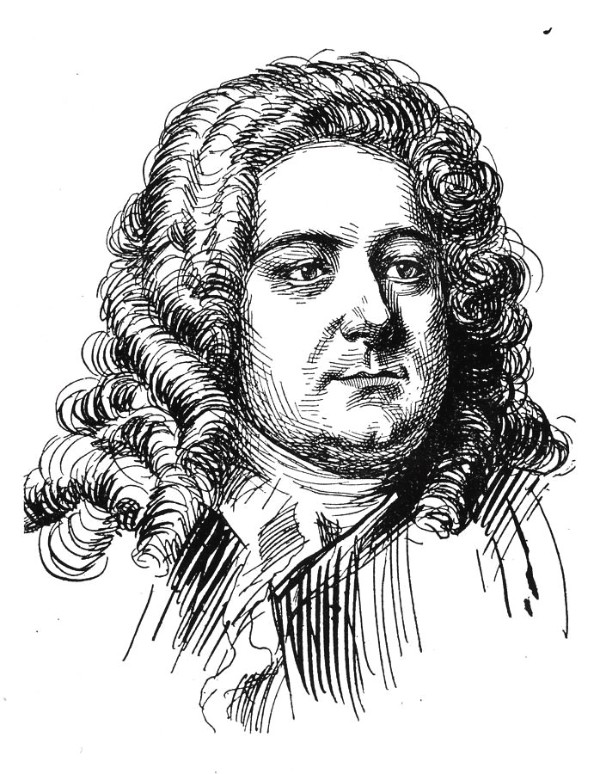Betrayal is one of the most painful – and sadly, most universal – of human experiences.
No matter who you are or where you come from, we’ve all been let down by friends, family, or lovers.
Luckily for the betrayed, composers of classical music have drawn on themes of treachery for centuries.
Today, we’re looking at ten pieces of classical music about betrayal:

© sites.bu.edu
Dido’s Lament from Dido and Aeneas by Henry Purcell (1689)
Purcell’s 1689 opera was inspired by Virgil’s Aeneid.
In it, the Trojan warrior Aeneas leaves fallen Troy to settle in Italy. His ship gets blown off course, and he ends up in Carthage.
Aeneas and the queen of Carthage, Dido, fall in love. However, Aeneas decides he must leave Dido and continue his journey to Italy.
Dido, distraught, creates a funeral pyre. Before she stabs herself, she sings this aria.
“Porgi amor” from Le Nozze di Figaro by Wolfgang Amadeus Mozart (1786)
This aria is sung by a countess upset by her husband’s repeated infidelities.
This heartfelt plea to Love only has four lines:
O Love, give me some remedy
For my sorrow, for my sighs!
Either give me back my darling
Or at least let me die.
The countess may not say much, but Mozart fills in the rest with his tender, yearning, disconsolate orchestral score. It’s a perfect portrait of the listlessness that can follow after heartbreak.
“Povero Ernesto” from Don Pasquale by Gaetano Donizetti (1843)
In Don Pasquale, a wealthy elderly man named Don Pasquale is upset with his nephew (and heir) Ernesto because he has rejected the woman that Don Pasquale has chosen for him.
Out of spite, Don Pasquale decides to marry a young woman and have his own child, thereby cutting Ernesto out of the line of succession.
Don Pasquale’s doctor thinks this plan is absurd, but he plays along and offers his beautiful young—and nonexistent—sister to Don Pasquale, resorting to trickery to get Don Pasquale to see sense.
Ernesto isn’t in on the scheme, and he is shocked that the doctor – who is his friend – would support his uncle’s cockamamie plan.
Ernesto sings of the betrayal in this difficult, demanding aria.
“Willow Song” and “Ave Maria” from Othello by Giuseppe Verdi (1887)
Verdi’s opera Otello is based on William Shakespeare’s Othello.
In it, a treacherous ensign named Iago conspires to destroy his boss, Governor Otello’s personal and professional life.
Iago goes to great lengths to convince the governor that Otello’s wife, Desdemona, is cheating on him when, in reality, she is completely innocent.
Devastated when she cannot convince her husband of her innocence, Desdemona retires to her bedroom.
She reminisces to her maid about one of her mother’s servants, who was abandoned by her lover and sang a song called the Willow Song. Desdemona then prays to the Virgin Mary and falls asleep. A cruel fate awaits her when she awakes.
Melodrama from Svartsjukans Nätter (“Nights of Jealousy”) by Jean Sibelius (1893)
This is an early Sibelius work and one of his most rarely performed. It’s for piano trio, soprano soloist, and narrator and is based on a Swedish-language poem by Finnish poet Johan Ludvig Runeberg.
The music tells the story of a poet who dreams of returning to a former lover. However, too soon, the poet awakes. He realises with despair that he has only been dreaming, and the reconciliation never took place.
The Betrayal from The Apostles by Edward Elgar (1903)
The Biblical Gospels recount the dramatic story of Judas Iscariot’s betrayal of Jesus.
Judas, one of Jesus’s twelve most trusted disciples, needs money, so he informs the authorities about his master’s whereabouts. According to the book of Matthew, this betrayal earns Judas thirty pieces of silver.
To make good on his deal, Judas leads soldiers to Jesus to arrest him. To confirm Jesus’s identity, Judas kisses him on the cheek.
From there, Jesus is handed over to officials to be tried. He is ultimately sentenced to death by crucifixion. Human history would never be the same.
The entire dramatic story of the apostles – not just Judas’s betrayal – is told in a massive two-hour oratorio by English composer Edward Elgar.
“Un bel dì, vedremo” from Madame Butterfly by Giacomo Puccini (1904)
In the opera Madame Butterfly, an American naval lieutenant named B. F. Pinkerton marries a fifteen-year-old Japanese girl named Cio-Cio-San, a name from the Japanese word for “butterfly.”
Pinkerton is stationed in Nagasaki temporarily and never intends to stay with her. But Cio-Cio-San is determined to make the marriage work, even after she is scorned by friends and family for converting to Christianity.
Pinkerton vanishes soon after their wedding, but not before Cio-Cio-San gets pregnant. While he’s away, she has his baby.
Her maid tries to tell her mistress that he is never coming back, but Cio-Cio-San refuses to believe it. She sings an aria to her servant about how “one fine day”, they will both see Pinkerton’s ship on the horizon, and he will return to her.
As Cio-Cio-San sings, it becomes clear she’s unable to comprehend that Pinkerton will, inevitably, betray her.
Symphony No. 10 by Gustav Mahler (1910)
Gustav Mahler started writing his tenth symphony in the summer of 1910.
That year, a crisis rocked his marriage. He discovered a letter from architect Walter Gropius to his wife Alma, revealing that the two were having an affair.
Mahler’s tenth symphony became a way for him to grapple with feelings about Alma’s betrayal. It also became a statement about his deteriorating health and advancing age.
Unfortunately, Mahler died in May 1911 before he was able to finish the work.
“The betrayal of Judas” by Georgy Sviridov (ca. 1950)
Here’s another take on the Judas Iscariot story, this time by Soviet composer Georgy Sviridov.
Sviridov’s calling card was his rich choral works, often deeply influenced by the tradition of the Russian Orthodox Church.
This work is both terrifying and breathtaking. It also features one of the lowest notes in the entire choral repertoire: a contra-F, which you can hear at 1:23 in the recording above.
“I was a constant, faithful wife” from The Bear by William Walton (1967)
English composer William Walton wrote his second opera, The Bear, in 1967. It was composed on a small scale, using a chamber orchestra and three singers.
The story is taken from a comedic Chekhov play. In it, a widow named Yelena Ivanovna Popova is determined to remain faithful to the memory of her late husband…even though, while he was alive, he cheated on her. Popova’s lack of self-awareness blinds her to the fact that her mourning comes across as a bit performative.
In the aftermath of Popov’s death, she gets into a quarrel with one of her husband’s creditors, who determines to stay on the estate until he is paid the money he is owed.
The two get into a fierce, weirdly erotically charged argument and even draw loaded pistols. But in the end, neither of them can pull the trigger, and they realize they’ve fallen in love. Maybe there’s hope after betrayal, after all.
For more of the best in classical music, sign up for our E-Newsletter


